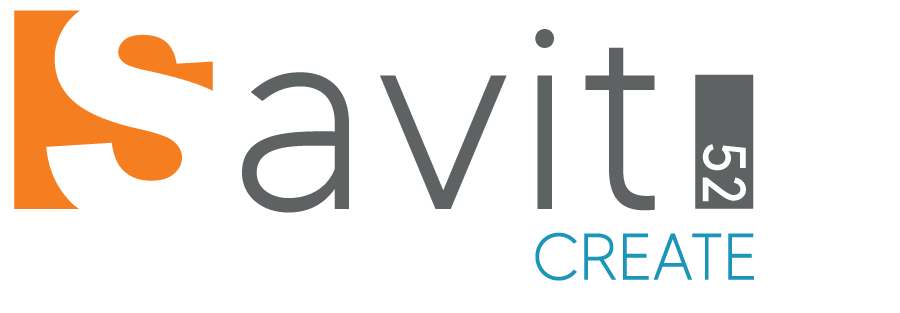A slow website can be frustrating for visitors and can negatively impact your search engine rankings. To improve the speed of your website, you can follow these steps:
- Optimize Images and Media:
- Large images and media files are a common cause of slow websites. Compress images and videos to reduce their file size while maintaining quality. Use image optimization plugins or online tools to automate this process.
- Enable Browser Caching:
- Browser caching allows returning visitors to load your site faster because their browsers store static files like images and CSS locally. Use a caching plugin to enable browser caching.
- Minimize HTTP Requests:
- Each element on a web page (images, scripts, stylesheets) requires a separate HTTP request. Minimize these requests by reducing the number of files or combining them when possible.
- Choose a Fast Hosting Provider:
- The quality of your web hosting plays a significant role in your site’s speed. Consider switching to a hosting provider known for fast performance, especially if you are currently using shared hosting.
- Use a Content Delivery Network (CDN):
- CDNs distribute your website’s content across multiple servers worldwide, reducing the distance between the user and the server. This can significantly improve load times, especially for international visitors.
- Optimize Code and Scripts:
- Minimize unnecessary code, remove unused plugins and themes, and keep your WordPress installation up to date. Also, consider using asynchronous loading for JavaScript to prevent it from blocking page rendering.
- Implement GZIP Compression:
- Enable GZIP compression on your server to reduce the size of files sent to visitors’ browsers. Many hosting providers offer GZIP compression settings in their control panels.
- Use a Lightweight Theme:
- Some WordPress themes are heavier than others due to their design and features. Consider switching to a lightweight, optimized theme to improve website speed.
- Reduce External Embeds and Widgets:
- Limit the use of external embeds, widgets, and social sharing buttons on your website. Each external element can slow down your site by making additional HTTP requests.
- Monitor Plugins:
- Some plugins can significantly impact your website’s performance. Regularly review your plugin list and deactivate or delete plugins that are unnecessary or causing slowdowns.
- Implement Lazy Loading:
- Lazy loading delays the loading of images and other content until the user scrolls down the page. This reduces the initial load time and can improve the perceived speed of your website.
- Optimize Database:
- Regularly clean up your WordPress database by removing spam comments, drafts, and other unnecessary data. Consider using a database optimization plugin.
- Monitor Website Speed:
- Use online tools like Google PageSpeed Insights, GTmetrix, or Pingdom to measure your website’s performance. These tools provide insights and recommendations for further optimization.
- Consider Caching Plugins:
- Caching plugins like WP Super Cache or W3 Total Cache can help generate static HTML files, reducing the server’s load time for subsequent requests.
- Upgrade Your Hosting Plan:
- If your website experiences high traffic or resource-intensive tasks, consider upgrading to a higher-tier hosting plan or a managed WordPress hosting service that offers better performance and scalability.
Remember that website speed optimization is an ongoing process. If you need any advice give us a shout at Savit52 and we will assist you in improving your website speed.












